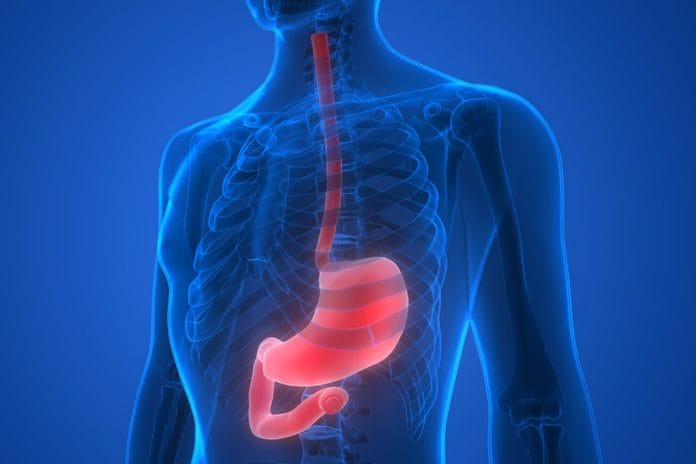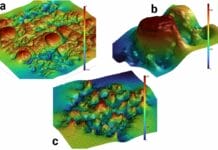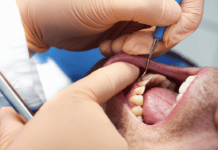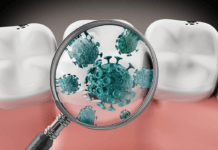Cancer Research, a journal by the American Association for Cancer Research, published an article which revealed a potential link between periodontal disease and esophageal cancer. Dr. Jiyoung Ahn, an Associate Professor and Associate Director for Population Science at the Laura and Isaac Perlmutter Center at New York University Langone Health, conducted a decade-long study focused on how oral bacteria can lead to periodontal disease and later increase a patient’s chances of developing esophageal cancer.
Facts about Esophageal Cancer
The esophagus is a long hollow tube that connects the throat to the stomach. Esophageal cancer usually develops on a cellular level when a large tumor or mass starts to grow within the esophagus. According to the National Cancer Institute, the two major types of esophageal cancer are squamous cell carcinoma and adenocarcinoma. Squamous cell carcinoma is a type of esophageal cancer that usually forms in the lining of the upper and middle part of the esophagus. Meanwhile, patients who develop adenocarcinoma may have a tumor form in the glandular tissue around the lower section of the esophagus towards the stomach.
The American Society of Clinical Oncology states that patients suffering from esophageal cancer may experience the following symptoms: chest pain, heartburn, difficulty swallowing food and drinks, coughing, vomiting, weight loss, and pain behind the breastbone or throat region. Esophageal cancer can eventually spread to nearby organs like the lymph nodes, stomach, liver, and lungs when left untreated.
Periodontal Disease and Esophageal Cancer
Dr. Ahn decided to research the link between periodontal disease and esophageal cancer because it is the eighth most common cancer in the world. It is also ranked the sixth leading cause of death related to cancer. Patients who are diagnosed with esophageal cancer tend to have a low survival rate because it’s usually not diagnosed until it’s reached advanced stages. As a result, Dr. Ahn is passionate about conducting research that sheds new light on how to detect and prevent this deadly cancer.
Her study is based on previous research that examined how select oral microbiota, which are linked to periodontal disease, were associated with cancers that develop in the mouth, head, and neck. Curious to know more about the connection between oral bacteria and esophageal cancer, Dr. Ahn’s study examined whether oral microbiota increased the patient’s chances of later developing adenocarcinoma or squamous cell carcinoma.
The New York University Study
For the study, Dr. Ahn and her colleagues gathered oral wash samples from patients who participated in the American Cancer Society Cancer Prevention Study II Nutrition and the National Cancer Institute Prostate, Lung, Colorectal, and Ovarian Cancer Screening Trial. This allowed her team to collect a total of 122,000 different samples.
After a ten year period, 106 participants developed esophageal cancer. Dr. Ahn and her team extracted their DNA and compared the results of their genetic and oral bacteria testing to the healthy samples from a decade ago.
The study revealed that certain types of bacteria were linked to higher rates of esophageal cancer. Among those bacteria were Porphyromonas gingivalis, which was connected to squamous cell carcinoma, and Tannerella forsythia a bacteria that was associated with a higher risk of developing adenocarcinoma.
The researchers noted the bacteria found in their study was commonly linked to periodontal disease. Several types of oral bacteria also helped lower a patient’s chances of being diagnosed with esophageal cancer in the future.
Dr. Ahn believes further research is needed to learn more about these different types of bacteria, especially because they may allow doctors to identify the disease beforehand as a predictive biomarker and help prevent patients from being diagnosed with later stage esophageal cancer.
Sources
http://cancerres.aacrjournals.org/content/77/23/6777%20
https://www.cancer.gov/types/esophageal
https://www.cancer.net/cancer-types/esophageal-cancer/symptoms-and-signs











